Before you make a disability discrimination complaint
My previous article, ‘Ouch! Discrimination Hurts. How Does the Law Protect Us’ looked at how discrimination is prohibited in Australia under the Disability Discrimination Act 1992 (Cth).
If you feel that you or your family member have been discriminated against on the basis of disability, and in an area covered by the Act, the first step is always to approach the relevant person or entity involved, and raise the issue directly with them.
Sometimes, the person or entity may lack knowledge or experience of disability, and not realise their actions are actually or potentially discriminatory to you. Once the issue is drawn to their attention, they may agree to make amends to resolve it.
Many other times, the person or entity will argue that it is too costly, inconvenient or impossible to adjust or change their service, goods, accommodation, club or facilities buildings (as the case may be) to make it accessible to you. If you disagree,
Before you do so, I encourage you to seek legal advice from a specialist discrimination lawyer, such as Special Voices. This is because other laws, such as state and territory human rights and anti-discrimination act (listed at the end of this article), or the Fair Work Act 1992 (Cth), may also apply to your situation and offer an alternative remedy. A lawyer will be able to advise you on all of your legal options.
Making a disability discrimination complaint
If you wish to proceed with a complaint under the Disability Discrimination Act, then you can lodge a complaint the Australian Human Rights Commission.
The Commission has a standards complaints form that you can download or complete online here. You can also telephone the Commission’s National Information Service on 1300 656 419 or 02 9284 9600 for assistance to make a complaint. Alternatively, you may engage a representative or disability advocate (such as Special Voices) to make the complaint on your behalf. You should provide as much detail and evidence as possible to support your complaint.
After receiving your complaint, the Commission will examine it and decide whether or not it might be unlawful discrimination. If the President of the Commission thinks it is clearly not, then he or she will get in touch with you and explain why. If the President thinks your complaint indicates unlawful discrimination, then it will work with you and the person or entity to resolve the issue or dispute through its conciliation services.
What is conciliation?
Conciliation is a process in which the parties in dispute try to reach an agreement with the assistance and advice of an impartial person (in this case, a conciliator from the Commission). The conciliator has some knowledge of the Disability Discrimination Act and experience in resolving complaints made under it. The conciliator can therefore advise the parties of their rights and obligations, and suggest possible solutions or strategies for resolving the complaint. In the case of the person or entity against whom the complaint is made, this may include making an apology, paying compensation or agreeing to take a specific remedial action.
My article ‘Discrimination: Good Conciliation Outcomes for Complainants with Intellectual Disability‘ explores a number of good conciliation outcomes for persons with intellectual disabled who have lodged a complaint with the Commission.
What happens if the complaint is not resolved at conciliation?
If the complaint is not resolved via conciliation, the Commission may ask you to provide more information before making a final decision about the complaint. However, if the President of the Commission is satisfied that a complaint cannot be resolved, the complaint will be terminated. The President may also terminate a complaint for other reasons, such as if it is already been dealt with by another agency.
If the Commission terminates your complaint, you may be able to take action in the Federal Circuit Court or the Federal Court of Australia. You must make an application to the court within 60 days of the date your complaint is terminated. In some cases, you will need to get the court’s permission to take the matter to court.
It is recommended that you seek legal representation if you wish to progress your complaint to a court. This is one of the services that Special Voices offers, so please get in touch with us for a confidential discussion about your matter.
State and territory anti-discrimination and human rights legislation
- Equal Opportunity Act 2010 (Vic)
- Charter of Human Rights and Responsibilities Act 2006 (Vic)
- Anti-Discrimination Act 1977 (NSW)
- Anti-Discrimination Act 1991 (Qld)
- Human Rights Act 2019 (Qld)
- Equal Opportunity Act 1984 (SA)
- Equal Opportunity Act 1984 (WA)
- Anti-Discrimination Act 1998 (Tas)
- Discrimination Act 1991 (ACT)
- Human Rights Act 2004 (ACT)
- Anti-Discrimination Act 1996 (NT)
References
Australian Human Rights Commission website
Discrimination and Human Rights Legislation, The Law Handbook, Fitzroy Legal Centre





